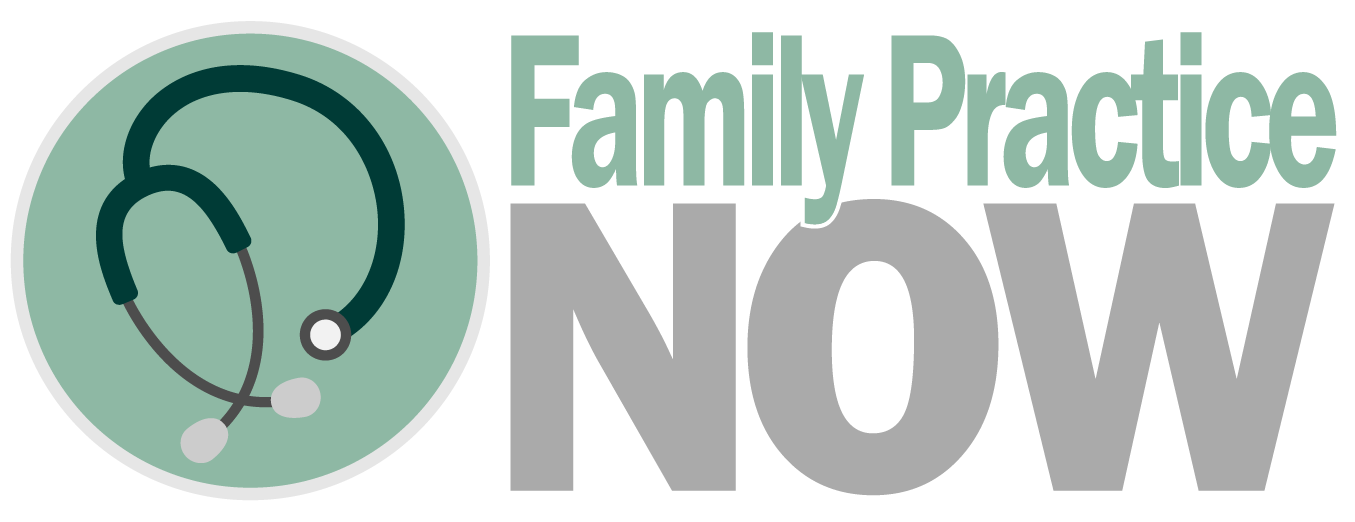Premier - Local Family Doctor
-
Chlamydia
If you are diagnosed with chlamydia, your doctor will prescribe oral antibiotics. A single dose of azithromycin or taking doxycycline twice daily for 7 to 14 days are the most common treatments and are the same for those with or without HIV. With treatment, the infection should clear up in about a week.
-
What is Chlamydia Diagnosis & Treatment
Chlamydia is indeed a very common sexually transmitted infection (STI). It is caused by the bacterium Chlamydia trachomatis and can be transmitted through vaginal, anal, or oral sex, as well as through childbirth.
One of the challenging aspects of chlamydia is that many people infected with the bacteria do not experience any symptoms, which is why it often goes undiagnosed. When symptoms do occur, they can vary between men and women.









